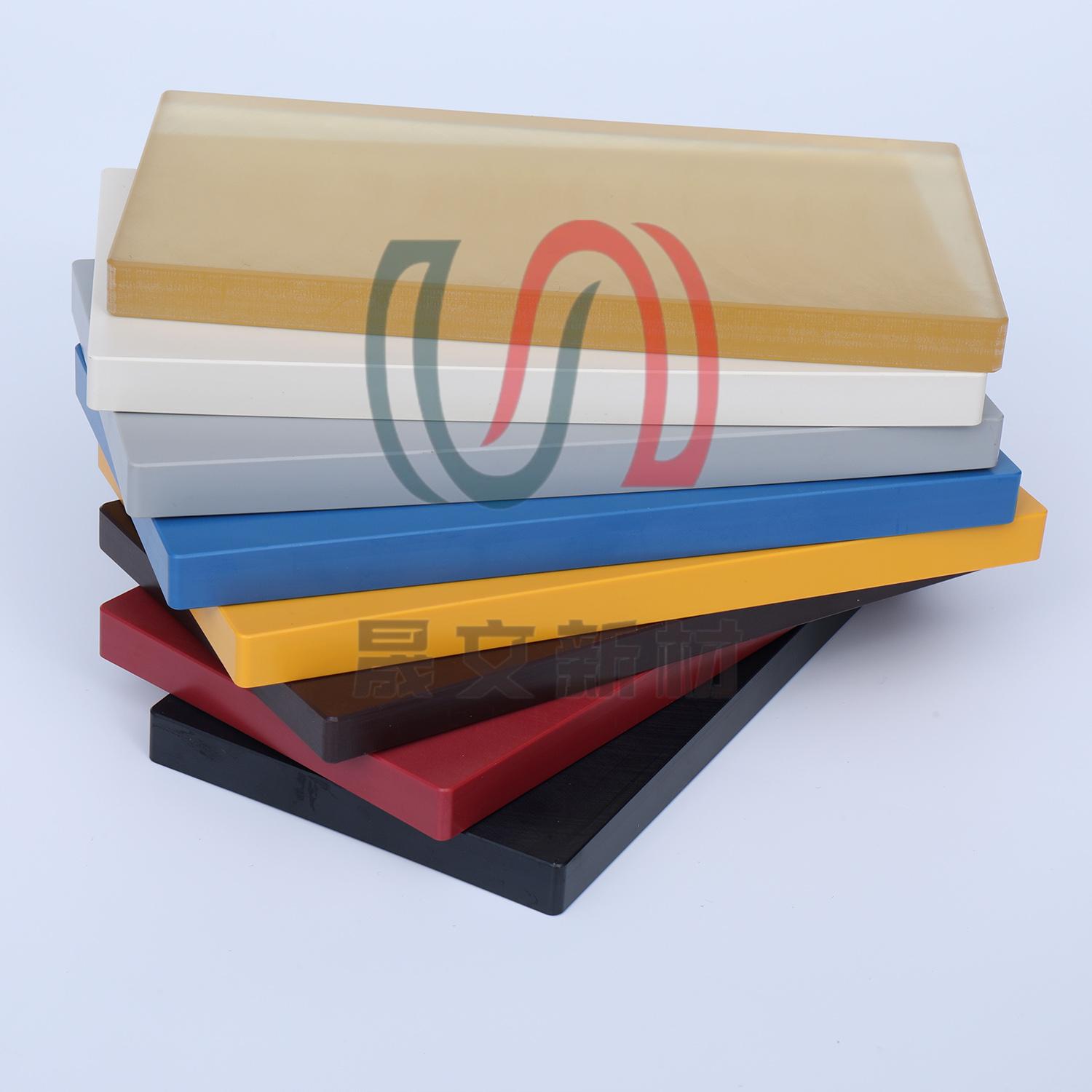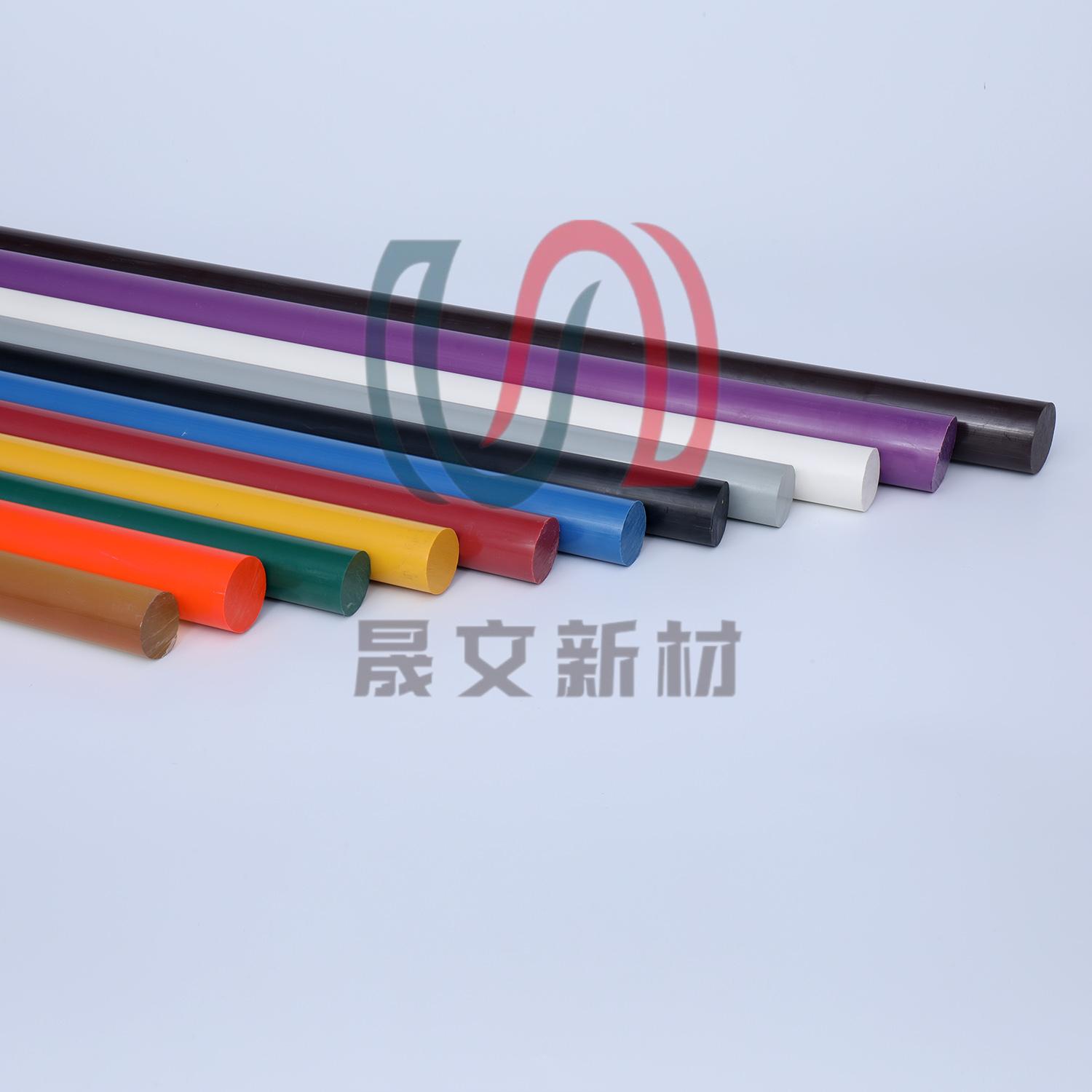With the rapid development of modern medical technology, the performance requirements of medical devices for materials are becoming more and more stringent, especially in the areas of biocompatibility, heat resistance, chemical resistance and repeat sterilizability. Autoclaving, as one of the most widely used sterilization methods in hospitals and medical institutions, ensures the sterility of medical devices, but also poses a great challenge to the thermal stability, structural strength and long-term reliability of materials.
Polyphenylsulfone (PPSU), as a high-performance engineering plastic, has become an important material choice in the manufacture of high-end medical devices due to its excellent thermal properties, mechanical strength and chemical resistance. In this paper, we will discuss the specific effects of autoclaving on the performance of PPSU materials, and put forward scientific recommendations for material selection, in order to assist medical device manufacturers to realize the double guarantee of product performance and durability.

Autoclaving is achieved by completely killing microorganisms in a high temperature saturated steam environment at 121°C or 134°C, mainly by destroying their protein structure. This type of moist heat sterilization is highly efficient and penetrating, and is an important component of standardized sterilization processes in the medical industry.
include, but are not limited to, surgical instrument handles, endoscopic components, dialysis connectors, infant feeding equipment, etc. These devices are subjected to dozens or even hundreds of autoclave sterilizations in clinical applications.
The ideal sterilization material should have:
PPSU is a linear polymer consisting of a benzene ring and a sulfone group, giving it a high degree of thermal stability and rigidity. Its stable structure and tightly arranged molecular chains give it good processability and durability.
Material Structure and Attributes
PPSU’s linear molecular structure, composed of aromatic rings and sulfone groups, grants it thermal stability, high strength, and chemical inertness.
Key Performance Metrics (Typical):
Shengwen New Materials offers PPSU grades such as F1150, F1250, F1350, and M1150—each tailored for different flow rates and mechanical strength requirements. These materials meet stringent medical safety standards like ISO10993, UL94, REACH, and RoHS, and are suitable for steam sterilization over 1,000 cycles at 134°C without significant property loss.
PPSU in the experience of multiple autoclaving may be slightly yellowed or decreased transparency, but such changes are mostly surface phenomena, does not affect the structure and function of the material.
Experiments have proved that even after more than 50 consecutive times of sterilization, the tensile strength, bending strength, impact strength of PPSU almost no significant decline, showing excellent long-term mechanical stability.
In the common 134°C sterilization environment, the thermal stability of PPSU is well maintained, with no signs of thermal deformation or embrittlement, ensuring the continuous and stable operation of medical devices.
Analysis by SEM and FTIR reveals that no microcracks or changes in functional groups are seen within the material after multiple sterilizations, indicating that its hydrolysis resistance and structural integrity are extremely strong.
PPSU still maintains good sealing and dimensional stability after high-frequency sterilization, and is one of the very few thermoplastic materials on the market that can withstand >100 cycles of sterilization and still be used for a long time.

Before selecting a material, be sure to confirm that the material has passed FDA, ISO 10993, USP VI and other standards to ensure the safety of human use.
Optimize the processing of PPSU by combining the product structure, injection mold design and cooling rate parameters to achieve stable batch molding and high dimensional accuracy.
It is recommended to cooperate with material manufacturers with large-scale production capacity and technical service capabilities to ensure the delivery reliability and performance consistency of key medical projects.
PPSU has become one of the core materials in the field of high-end medical devices due to its excellent thermal stability, mechanical strength, chemical resistance and biological safety. In the high-intensity application scenario of autoclaving, PPSU demonstrates comprehensive performance far beyond other thermoplastic materials, and is a reliable choice for the reuse and safe sterilization of medical devices.
Against the background of the continuous development of material science, medical grade PPSU will continue to be iterated and optimized, empowering safer, smarter and more durable medical device solutions.
Shengwen focuses on high-performance engineering plastics solutions, providing a stable supply of medical-grade PPSU, PEI, PSU, Bio-PA12 and other materials, as well as support for additive modification, functional enhancement, and customized processing recommendations.
We are committed to helping medical manufacturers realize all-round improvements in product safety, stability and processing efficiency.
Welcome to contact us for:
By continuing to use the site you agree to our privacy policy Terms and Conditions.